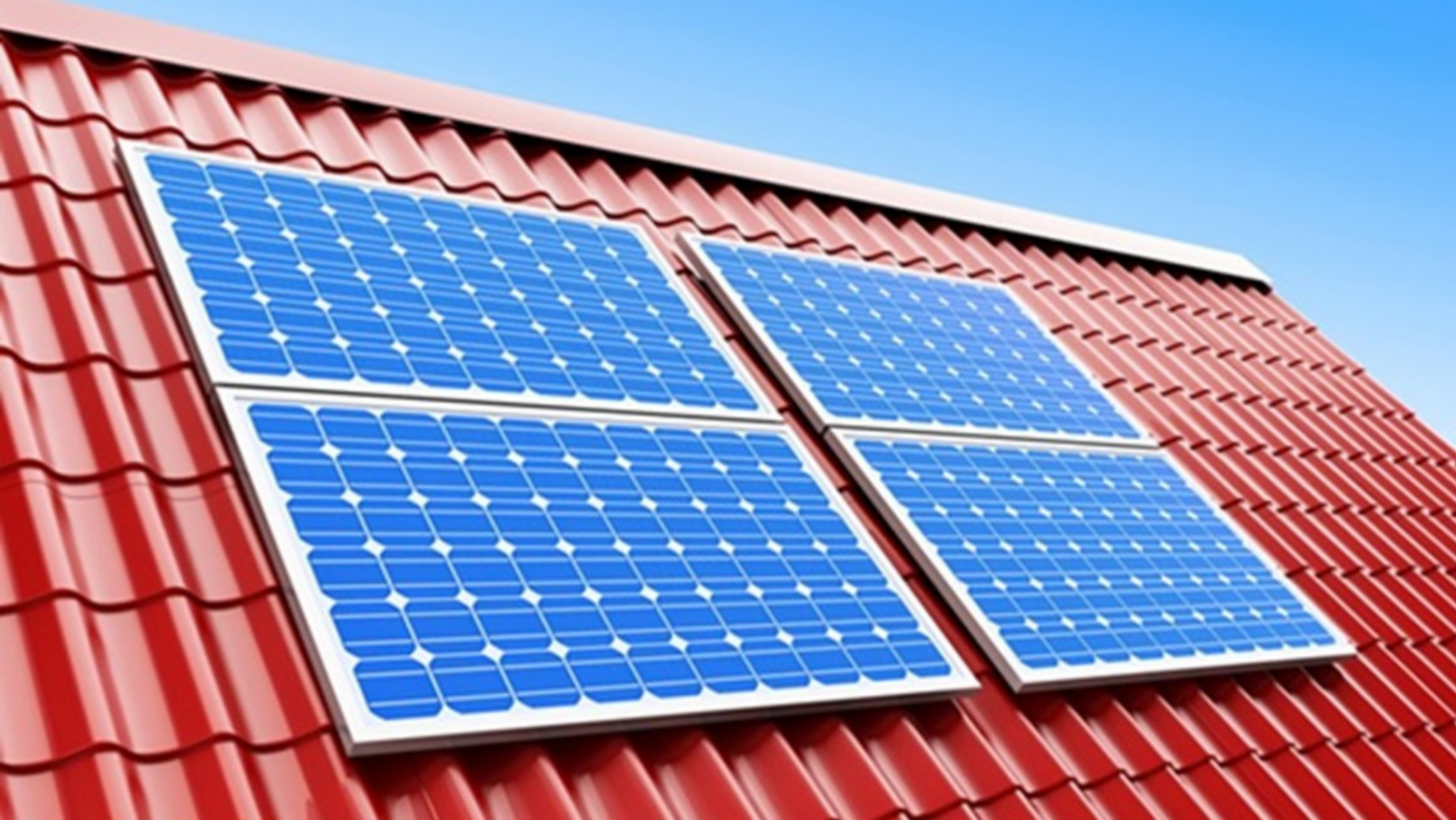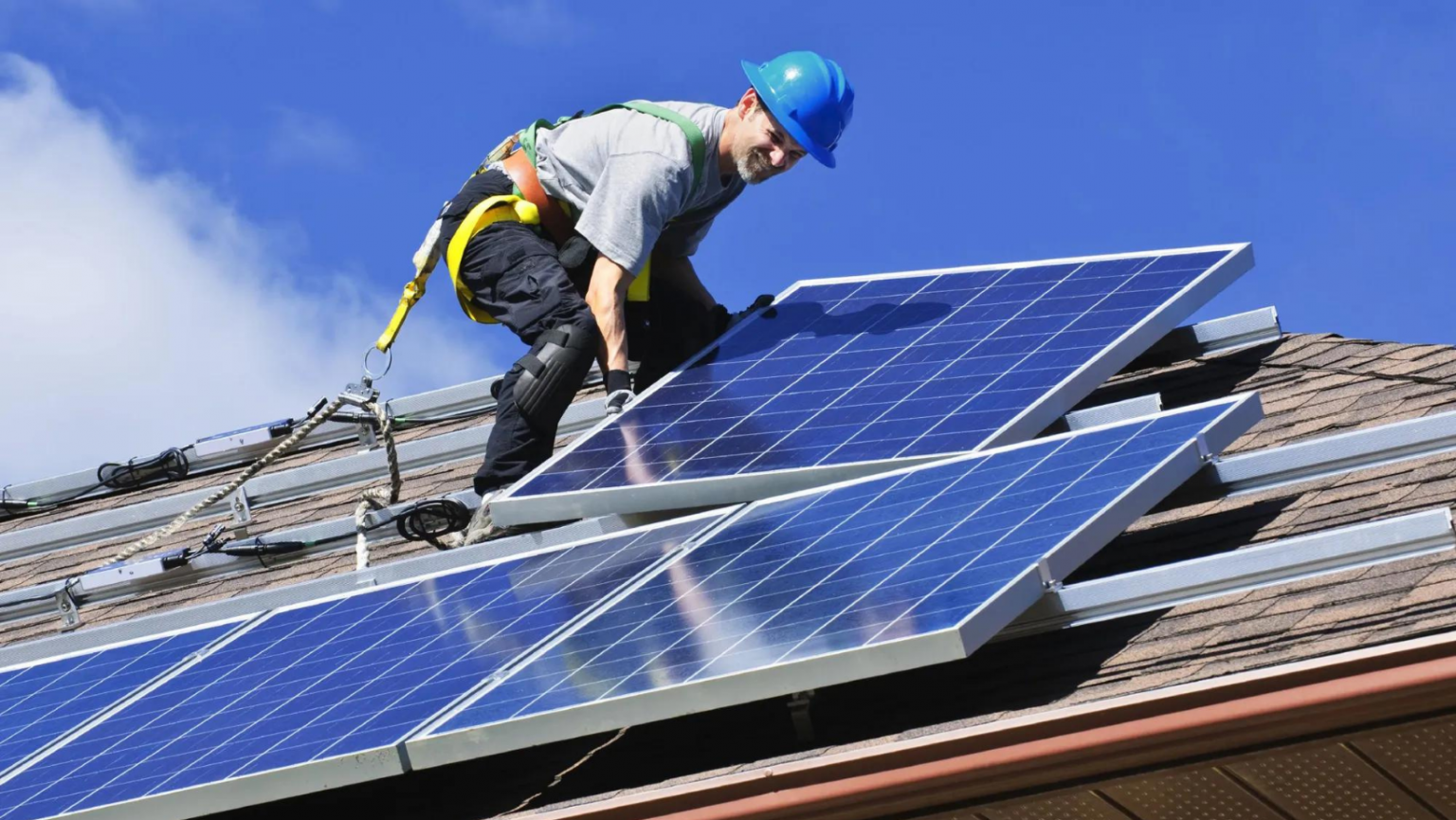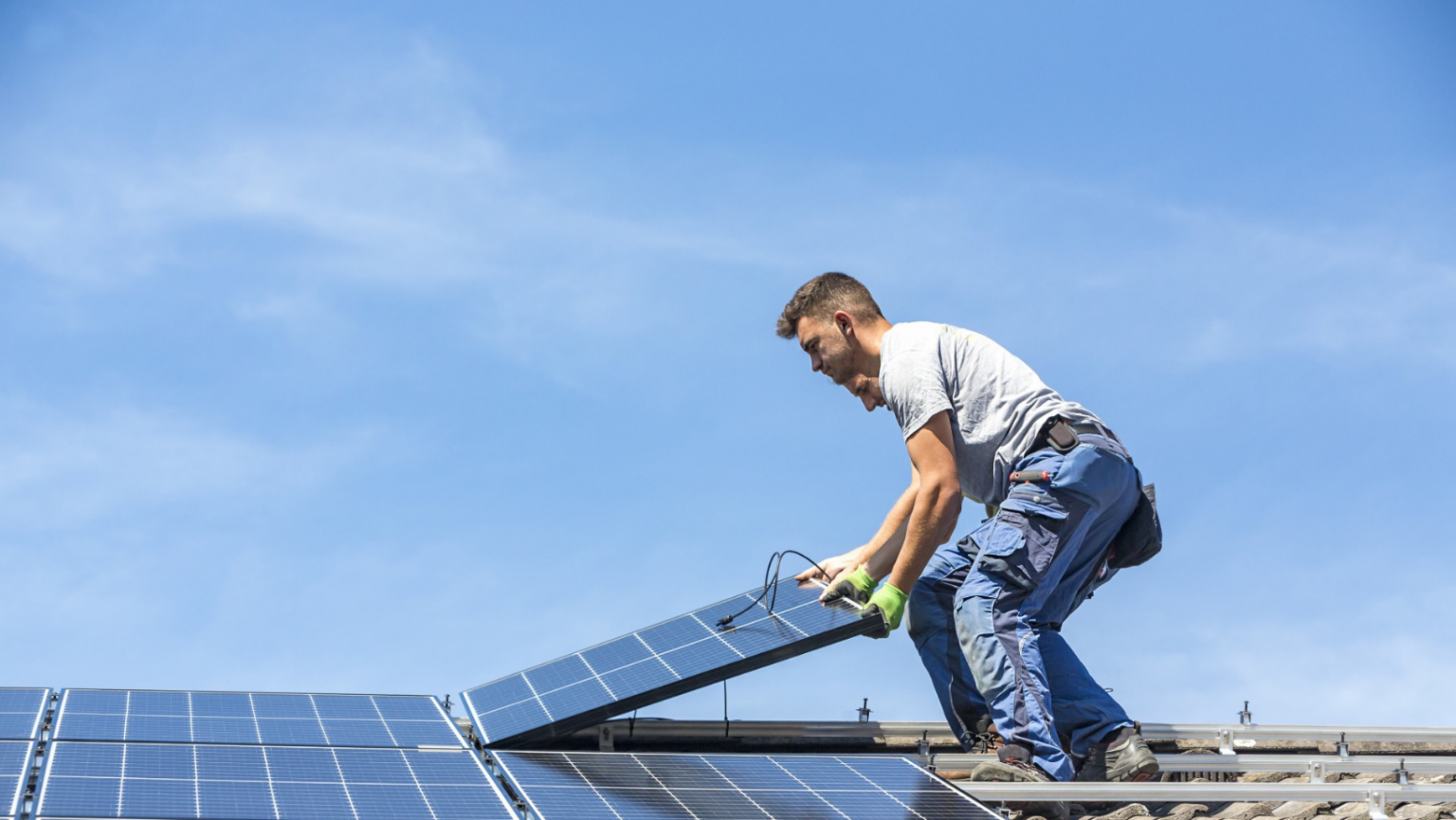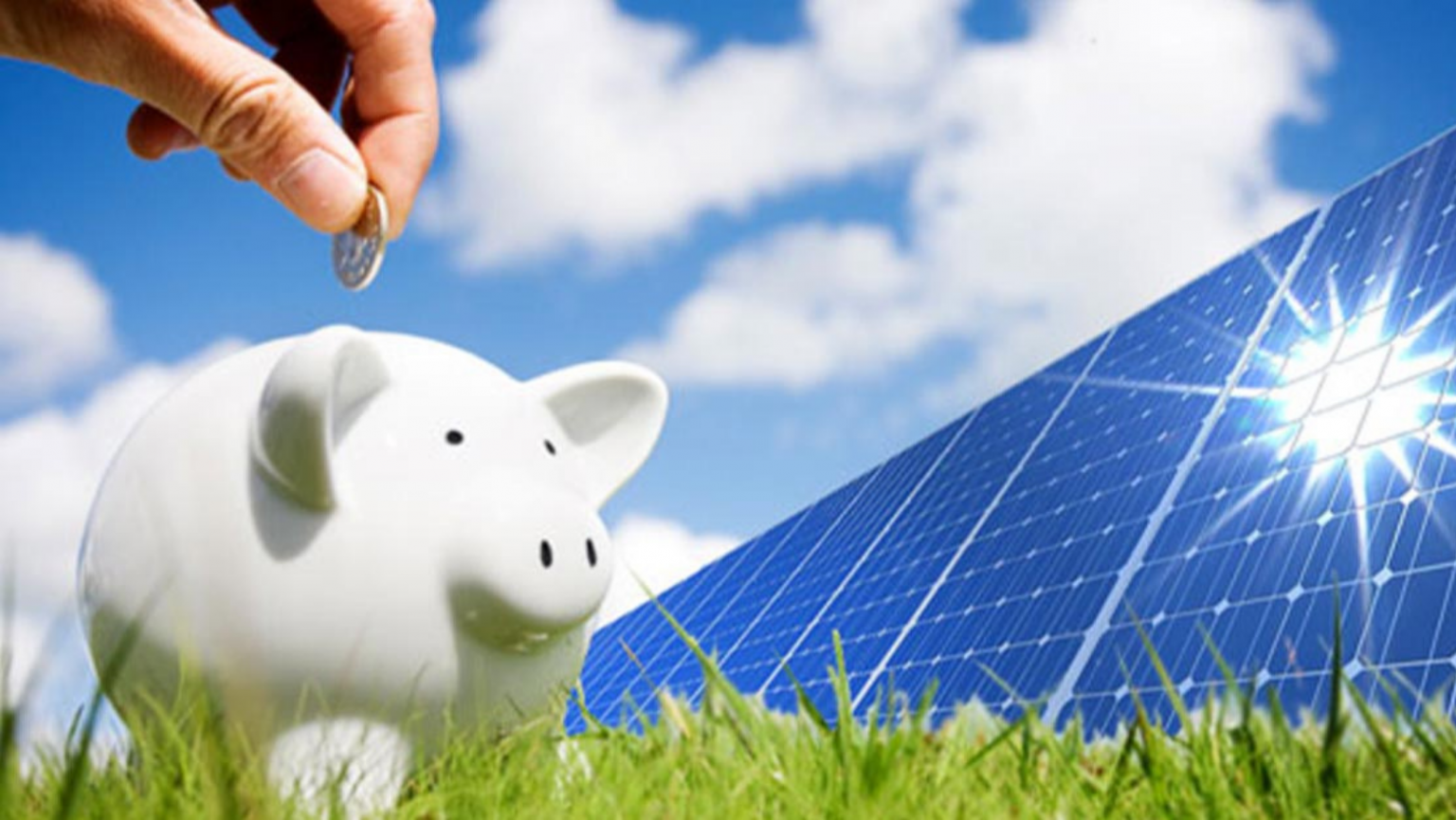How Solar Panels Reduce Your Power Bill
| July 20, 2023
When you want to cut down on your power bill, the best solar panels are an excellent choice. Solar panels use the sun to generate electricity, eliminating the need for costly fossil fuel. You can even store any excess electricity generated by solar panels and return it to the grid to reverse your meter. Installing solar panels can save you money every month on your electricity bill. Summertime means rainy days, noisy air conditioning units, and higher power bills. Perth solar companies always raise rates during peak seasons and whenever demand is high.
Net energy metering allows you to send excess electricity generated by solar panels back into the grid for a credit
A recent study indicates that net metering can save you hundreds of dollars a year, and can also reduce strain on the power grid by minimizing the energy loss associated with sending voltage long distances from the nearest power plant. While some critics argue that net metering is an unfair burden on non-solar electricity customers, the results of many cost-benefit studies suggest that it’s actually beneficial to everyone.
Using net metering to offset your energy use will allow you to receive credits for any excess electricity you generate. As an added benefit, you can carry over your credits from month to month. This way, if you generate more electricity than you need in a month, you can use it during the night. With this system, you’ll only pay for the electricity you use and you’ll have a credit to help offset your electricity costs.
Under this policy, the utility limits the capacity of an offsetting energy generating facility to 120 percent of the customer’s aggregate electrical use. If the capacity of a single meter is less than this, meter aggregation is permitted. Those customers with more than one meter can aggregate all of their meters and receive a net energy metering credit for the other meters. But if you have more than one meter on the same property, then you must aggregate all of them in a network and designate the rank in which the credit will be applied to each one.
In practice, net metering allows small systems to generate zero-cost electricity annually if you shift your demand loads to a lower-cost time. You can use the electricity generated at low-priced times for air conditioning or to charge your battery electric vehicles. But the electricity you generate during peak demand can be sent back to the grid or used locally.

Cost of solar panels
When you first install solar panels, the local utility company will offer an option to pay yearly. The annual billing cycle will begin on the date the solar panels are turned on and ends on the date the panels are turned off. This bill will show the energy credits you have earned and the amount of energy you use. You may also receive a quarterly statement. For this reason, it’s important to understand the costs associated with solar panels before you begin the installation process.
One tax credit you can take advantage of is the federal solar tax credit. This credit covers up to 26% of the overall cost of installing a solar system on your home. This tax credit covers installation, tree trimming, and other costs associated with installing solar panels. In addition, the federal government provides financial incentives to lower the cost of solar panels. These tax credits are worth a couple thousand dollars, so you may want to take advantage of them.
The amount of sunlight your house receives plays a major role in how much you save with a solar panel installation. Homes in the Southwest receive high-quality sunlight throughout the year. However, nearby obstructions can reduce the solar potential of a home. Solar panels are most effective on south-facing roofs. The size of the solar installation can also affect the amount of money you save, but bigger installations take more time to pay for themselves.
Depending on your location, installing solar panels may be affordable for you. A six-kW installation will cost approximately $18,000, but the federal tax credit will knock off about $4,680 of the cost. Assuming you are installing solar panels on your home, you’ll get a zero-commitment savings report from the local solar specialist. Your power bill will decrease by around 20 percent, which is a huge benefit when considering solar panels for your home.

Best place to install solar panels
The most important question to ask when choosing the best place to install solar panels is where to get the best sunlight. While solar panels will help you save money on your power bill, they only work when the sun is out. This means that they only generate excess energy when the sun is out, which is usually from 6 am to 6 pm. When the sun goes down, solar panels will automatically shut off. This can cause some problems with the system, but in most cases it is worth it.
When deciding on the best location to install solar panels, check with your utility company to see what their policies are. If you live in a state that permits solar installation, you can usually opt to pay annually. When your solar panels are first installed, your utility company will send you a “true up” bill. This bill will show the amount of energy you’ve produced and consumed. Alternatively, you may receive a quarterly statement showing how much energy you have produced and used.
In addition to the sun’s rays, your solar panel installation may require some construction. Since different solar providers charge different labor rates, you may need to ask around to find out exactly what your installation costs will be. Additionally, you may qualify for the federal solar tax credit (ITC) for installing solar panels. These credits can be as much as 22% of your total power bill. The savings from solar energy are higher in areas with less grid electricity.
The best place to install solar panels to reduce power bill is the south-facing roof of your home. South-facing roofs are best for solar energy production, but north-facing roofs are not as effective. Also, if you have trees, keep in mind that they can block the sun from the panels. The roof should be free from trees and other structures, otherwise solar panels will not produce much energy.

Depending on the weather
Depending on the weather, you can reduce the amount of power you use from public utilities. As the days grow shorter during the winter, your solar panels will receive less sunlight, decreasing the amount of power they can generate. If you use solar energy only during the day, you can save on your electric bill during the night. But if you use it all at once, you could end up paying more in the long run.
If you want to save on your power bills, you can install solar panels in your home. The cost of the installation will depend on the size of your roof, how much electricity you use each month, and the fees your utility company charges. However, solar panels can reduce your monthly power bill by up to 30 percent depending on your needs. These panels can also be installed in your garden. They will reduce your monthly power bill, and you can even make money if you do not have a solar panel installation.
The amount of energy that you generate from the sun can greatly reduce your power bill. This is because solar panels use free energy that comes from the sun. If you have a south-facing roof, it will have more solar potential. On the other hand, if you live in an area with lots of trees and buildings, you’ll get more sunlight and save more money. Additionally, solar panels can reduce your power bill as long as you use them properly.
Depending on the weather, you can reduce or eliminate your power bill entirely. If you’re lucky, you can even earn net-metering credits based on the amount of solar energy you generate. The more sunlight your solar panels receive, the more efficient they will be. This way, you can more accurately predict how much your power bill will be each month. But it’s important to understand how the solar panels perform during the different seasons. If the sun is shining throughout the winter, they will be more efficient.

Savings from solar panels
There are many variables involved when calculating the potential savings from installing solar panels. Your location, roof, and average sunshine hours are all factors. Depending on where you live, solar panels may not produce enough energy to power your home. Regardless, it is well worth the money to install solar panels. Savings from solar panels can be substantial. Read on to learn more about the benefits of solar energy for your home. To learn more, download the Sun Badger team’s solar calculator.
The federal government offers a tax credit for homeowners who choose to install solar panels. This credit covers up to 26% of the total cost of solar panels, installation, and tree trimming. This credit may even cover the cost of the panels themselves. If you have a high-energy bill, you could expect a much higher savings from solar energy. Furthermore, your state may offer more solar incentives. Federal tax credits can amount to thousands of dollars off your tax bill.
Installing solar panels can also increase the value of your home. Most homeowners will break even on their initial investment in 15 to 25 years, depending on their electricity usage and utility cost. The time to break even depends on the state’s incentives and quality of installation. Depending on your current utility bills, you may even get a tax break when selling solar power Perth. And, if you live in Illinois, you might even get some cash back on your investment!
While it is possible to cut your electric bill by 50%, the savings from solar panels will never surpass those savings from other sources of energy. This is because most homeowners don’t use much electricity during the day. By storing your solar energy generated during the day, you can use it at night. This allows you to sell or give extra electricity to your neighbors. Lastly, you can connect your solar system to the utility company. If you don’t produce enough electricity to offset your energy consumption, the utility will credit you with the amount you generate during the day. This process is called net metering and reduces your bill.
